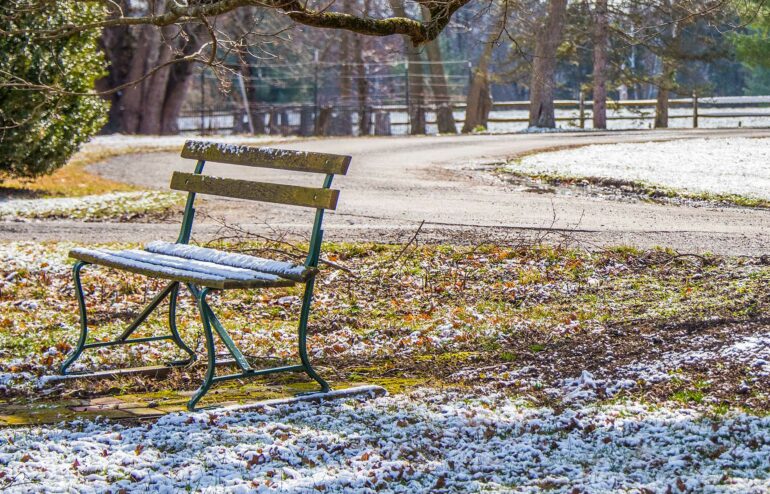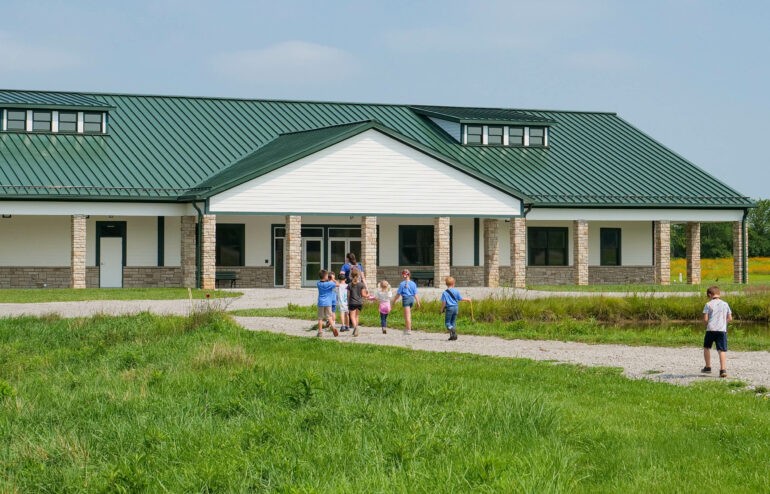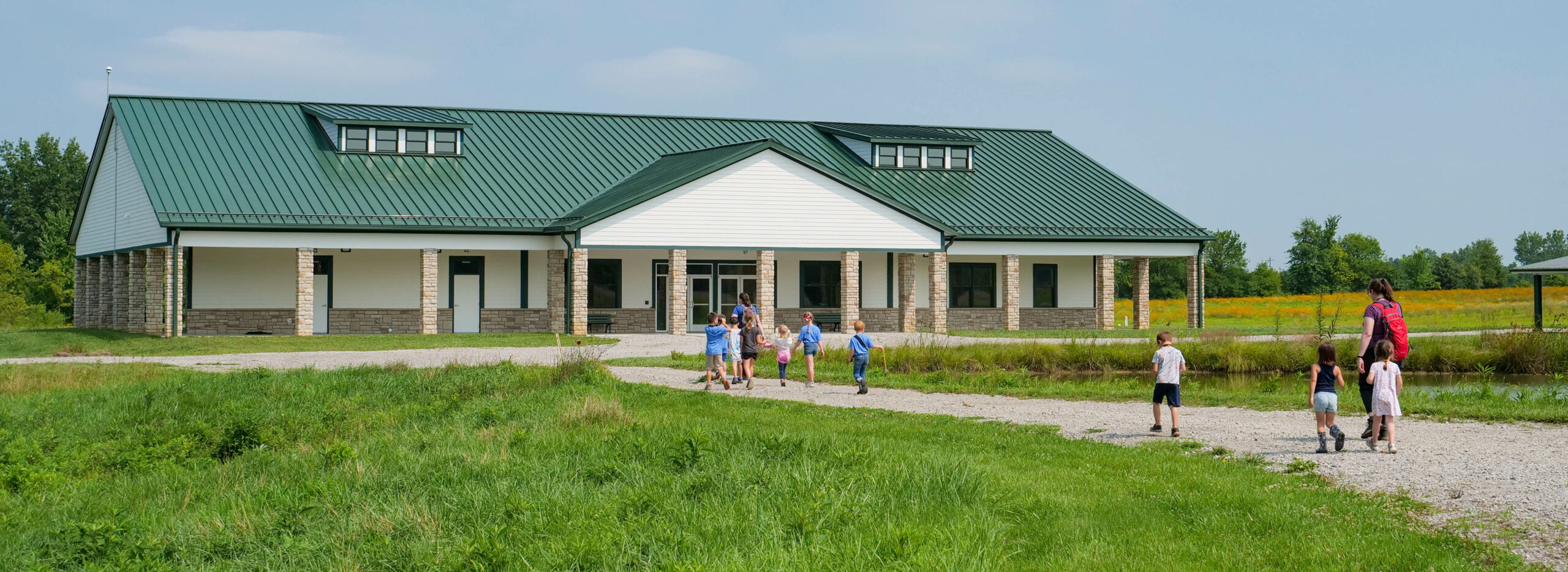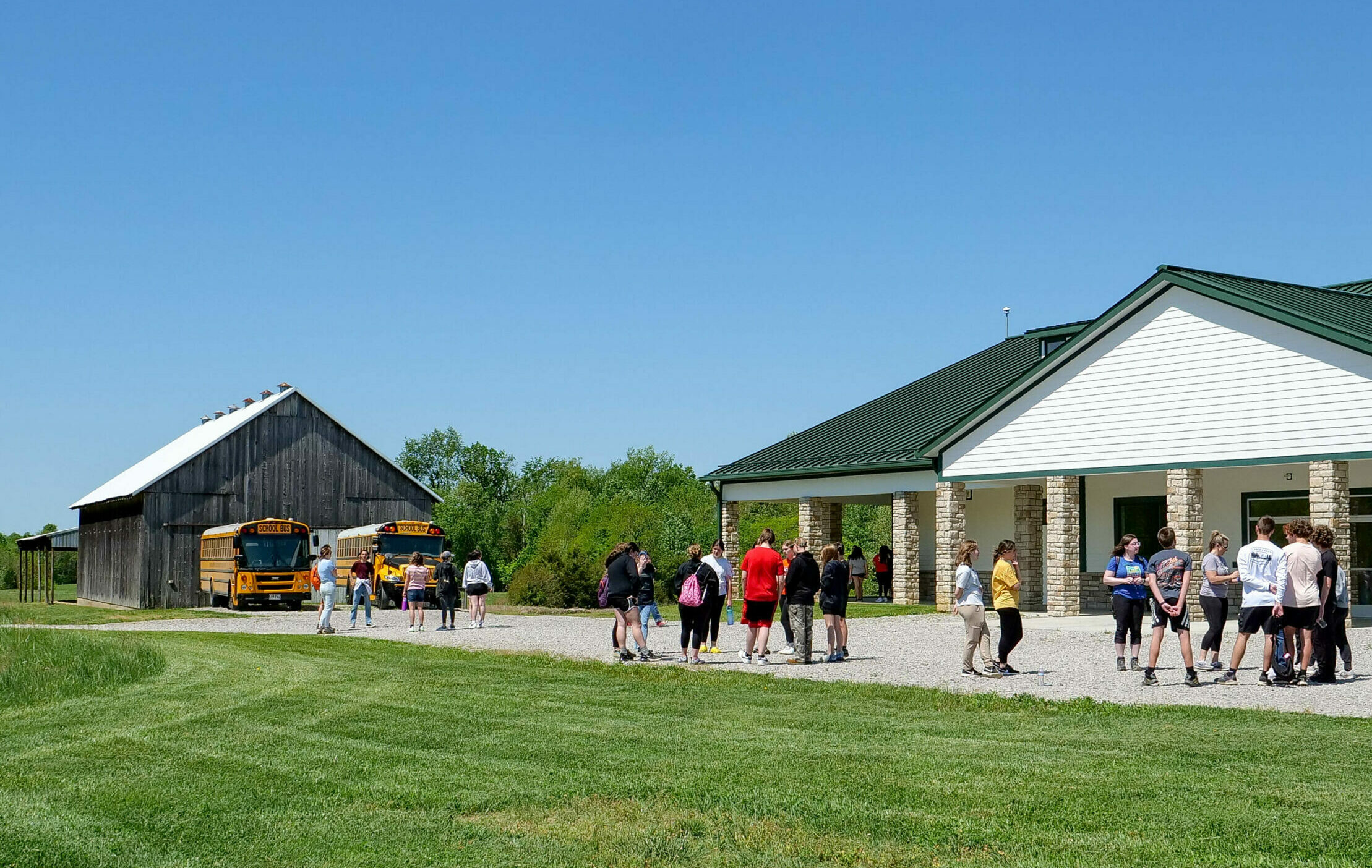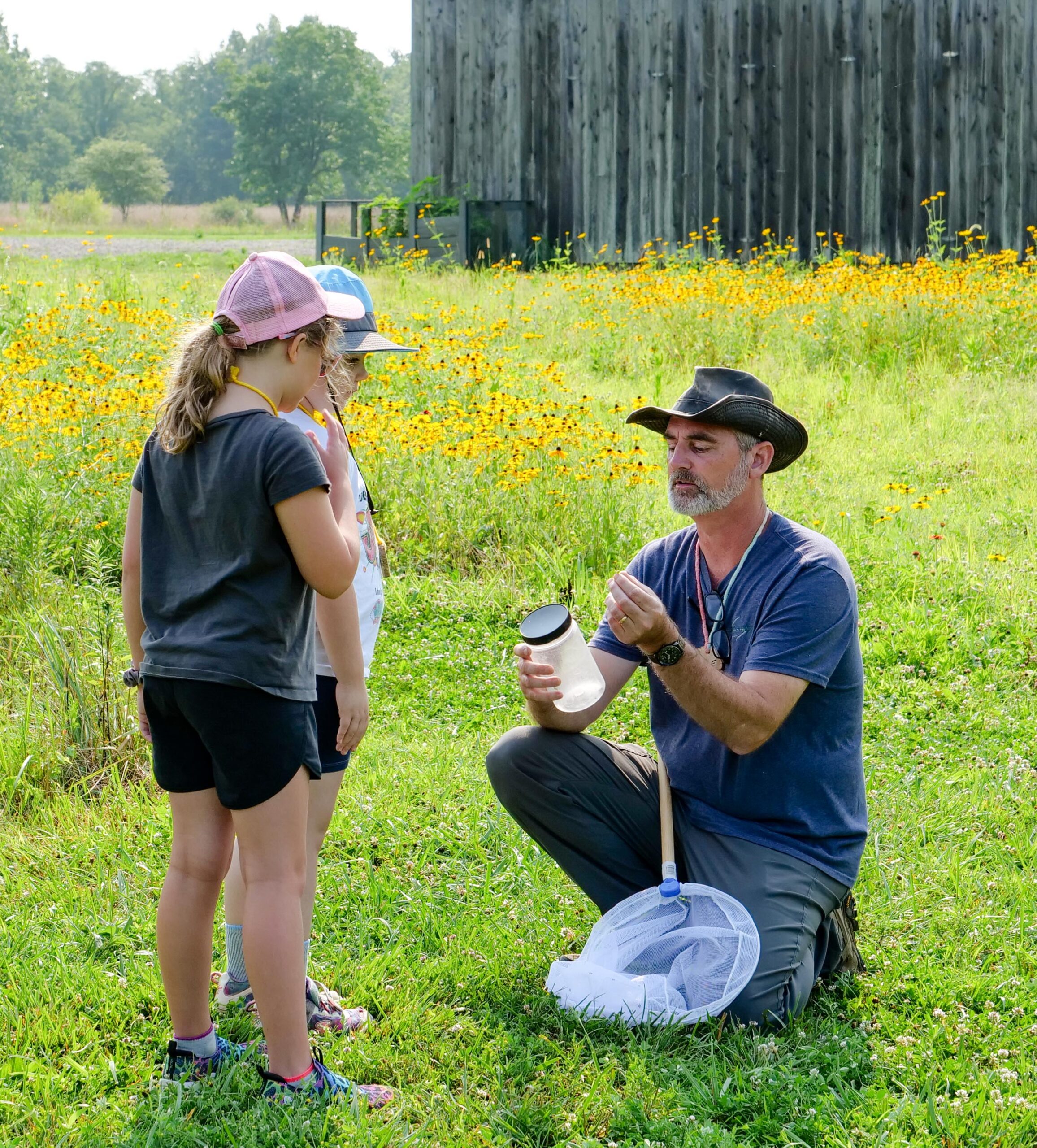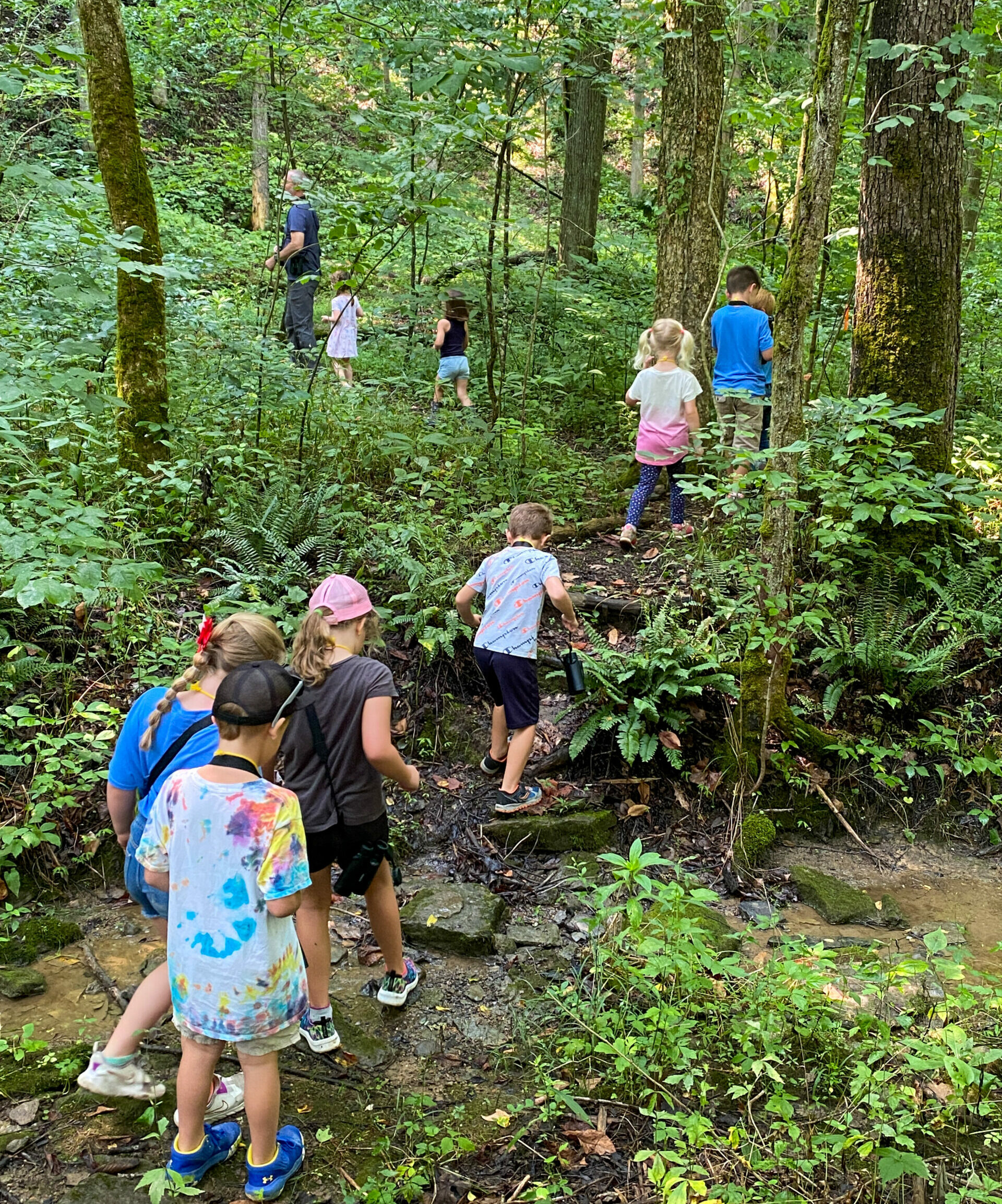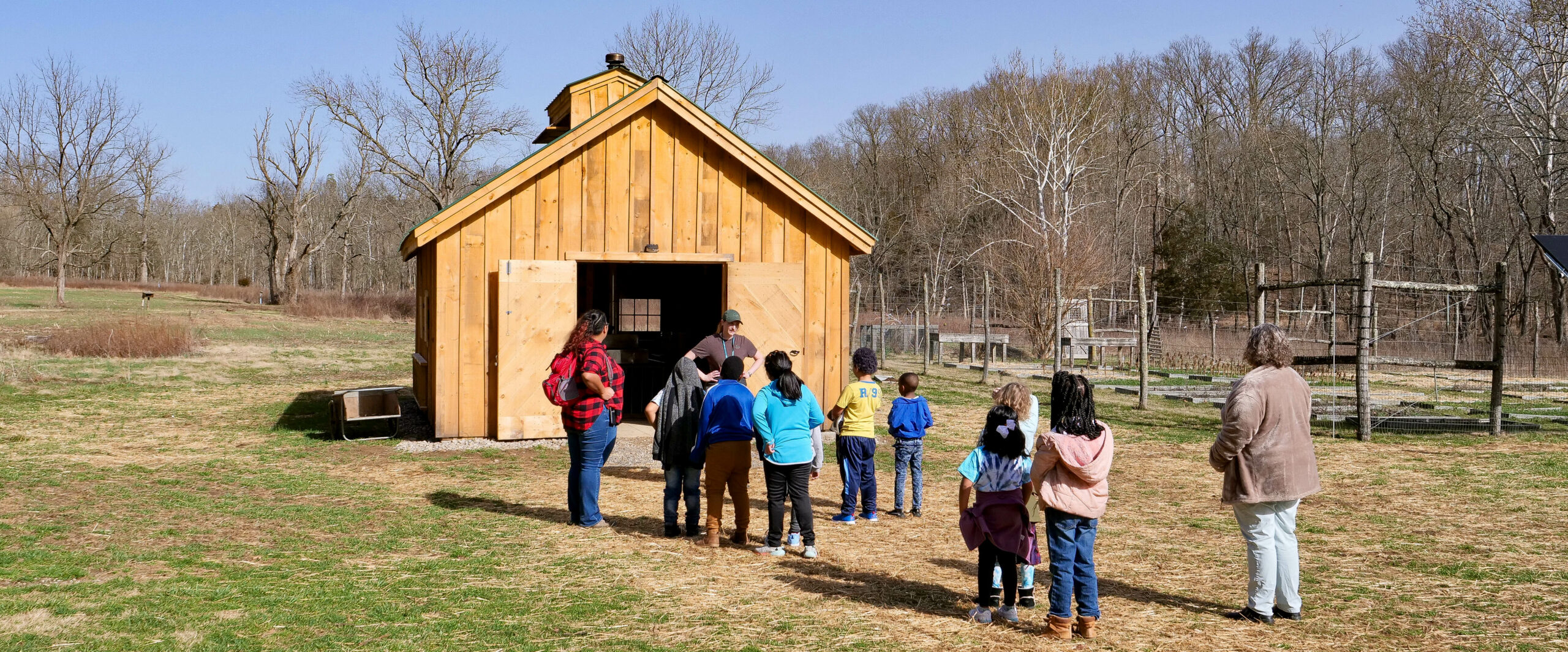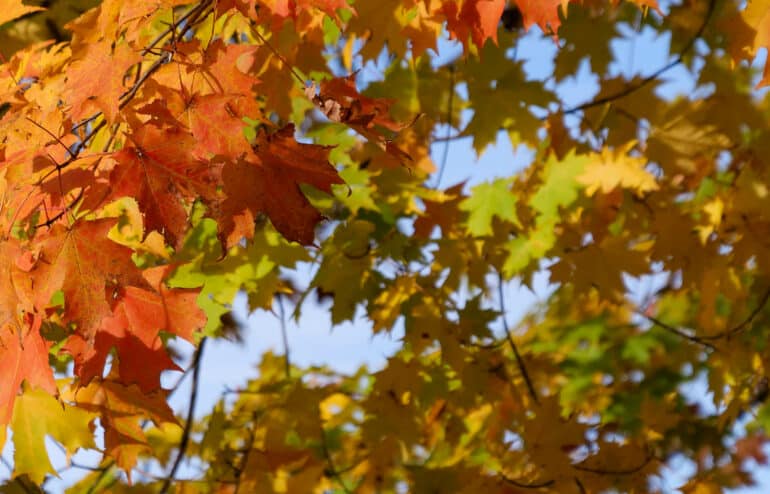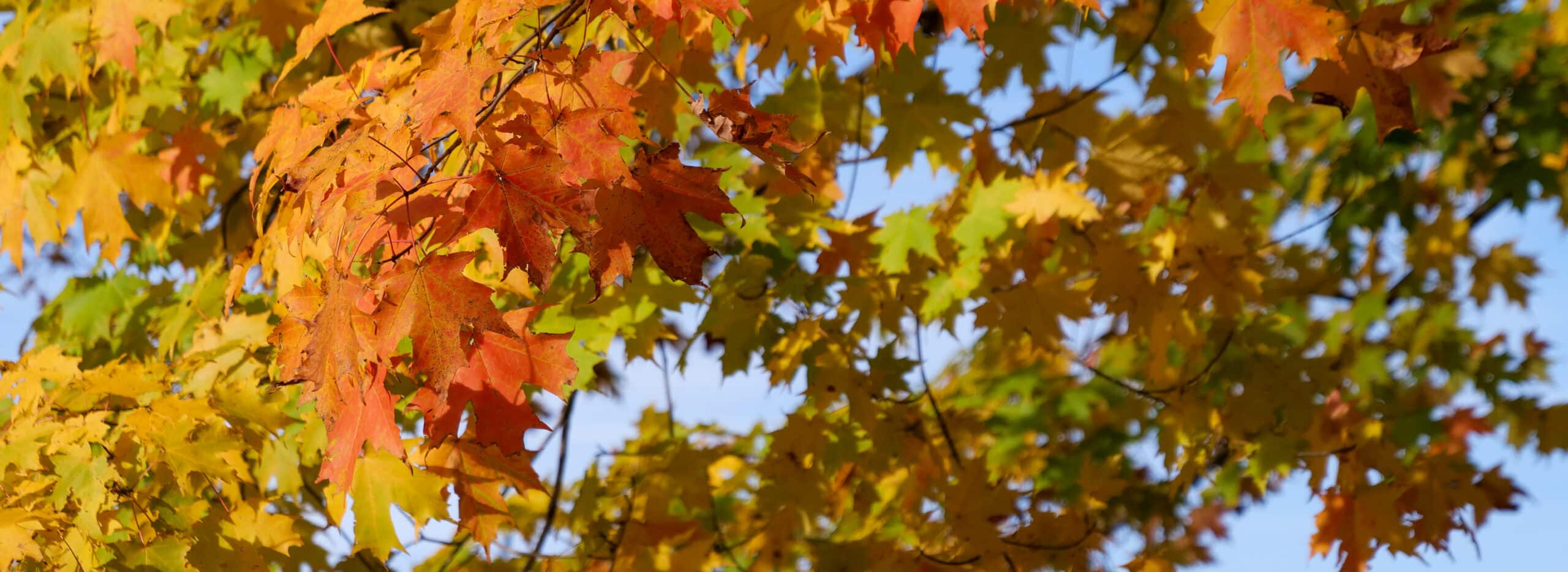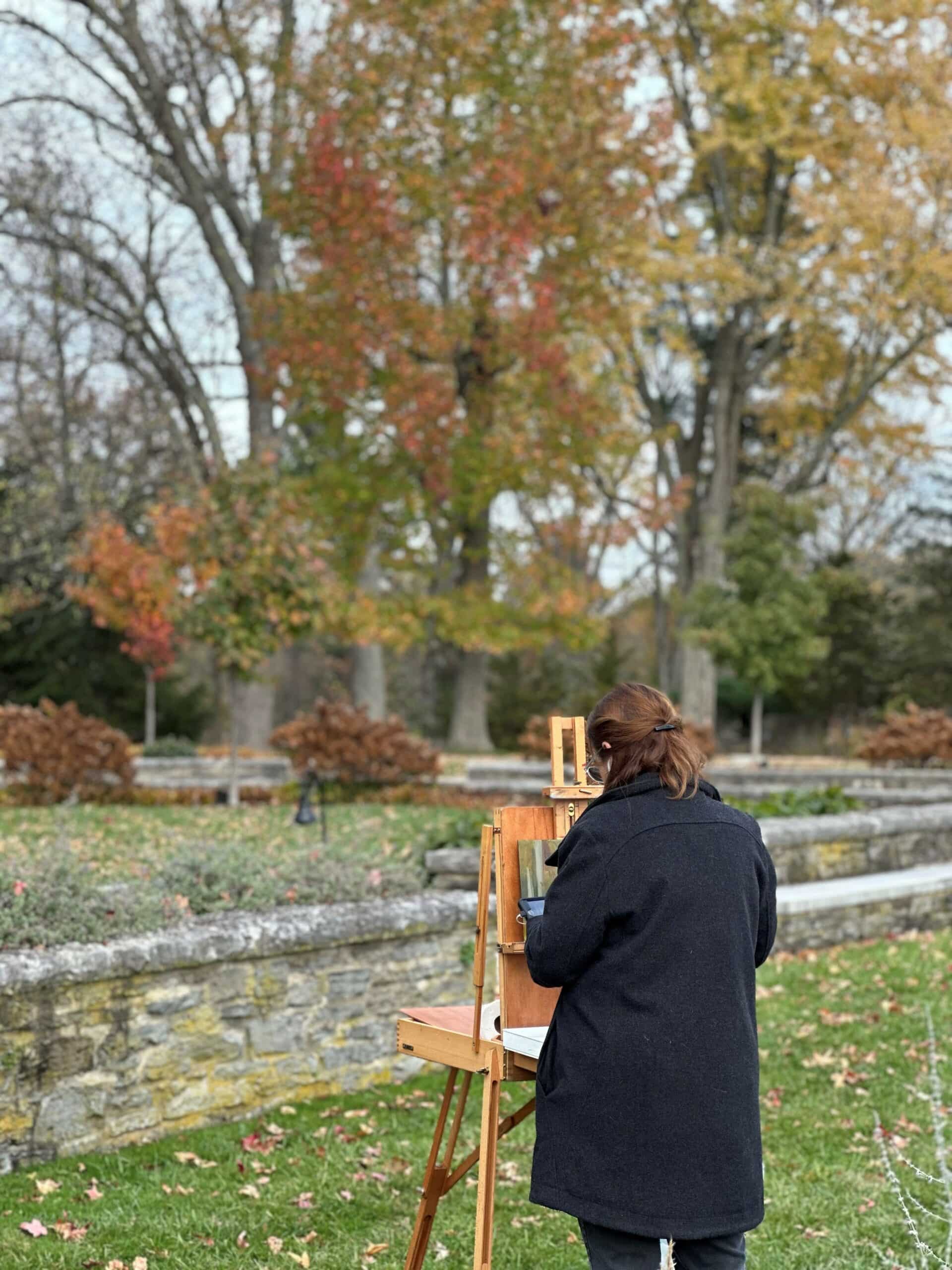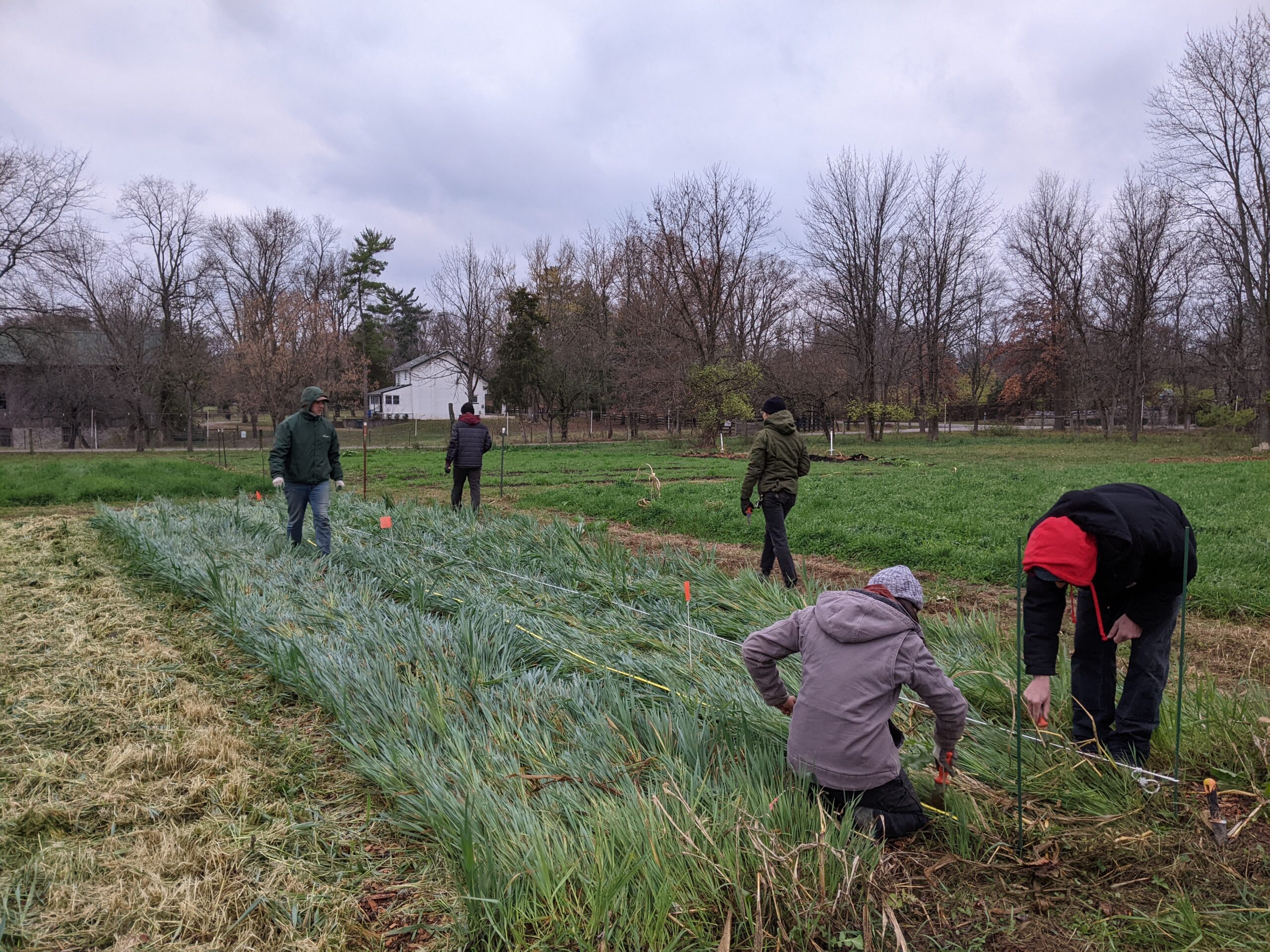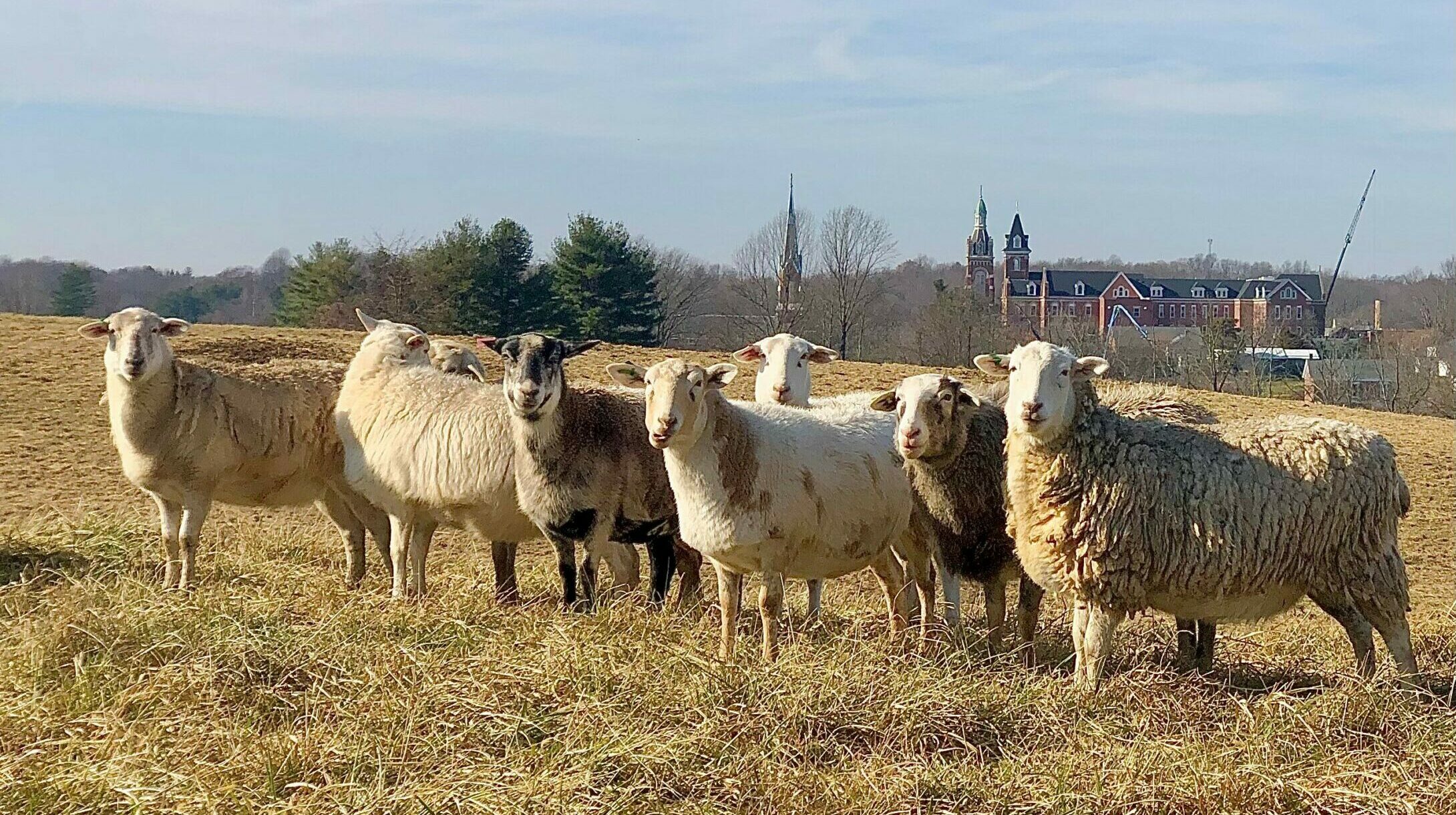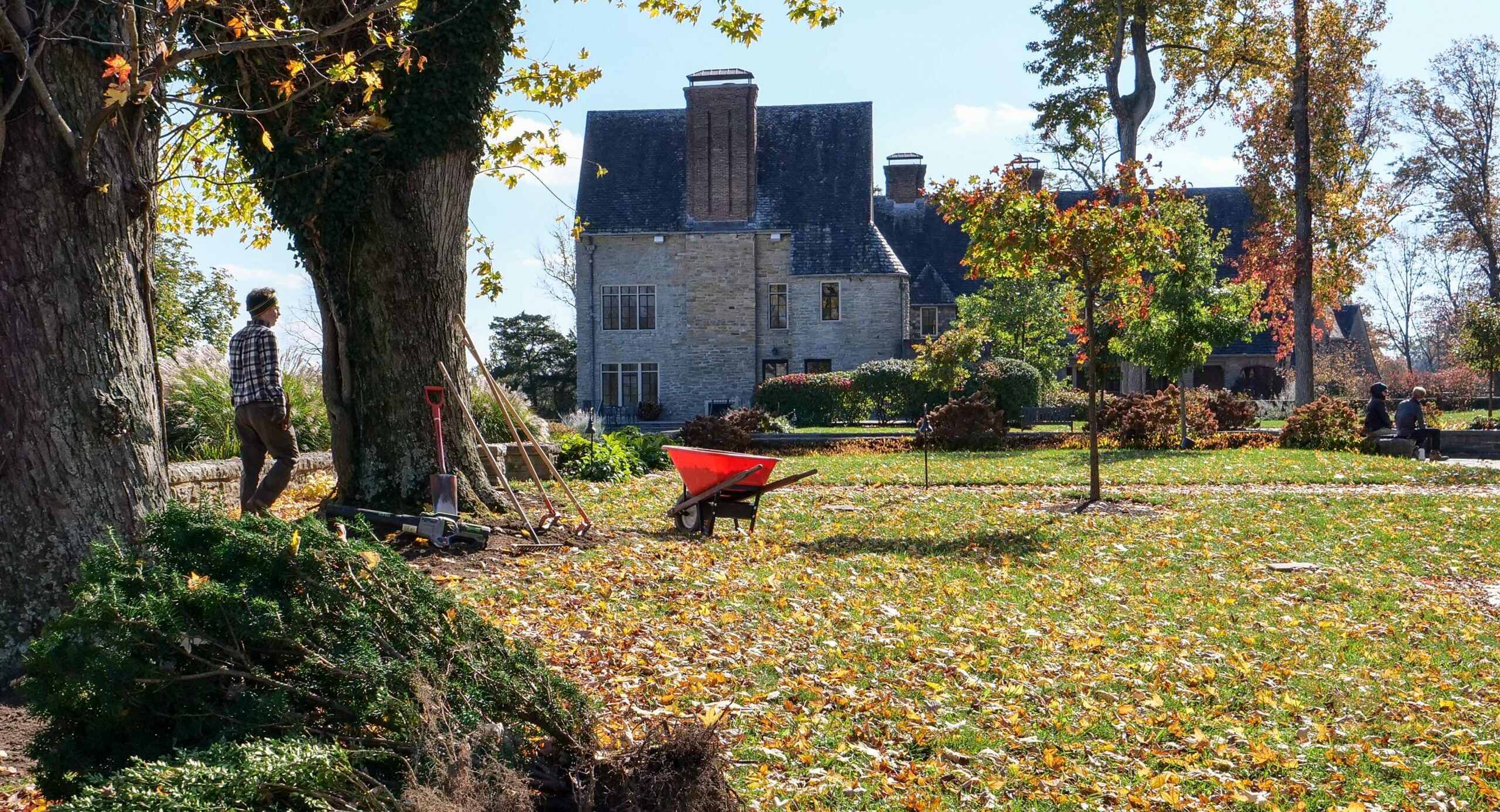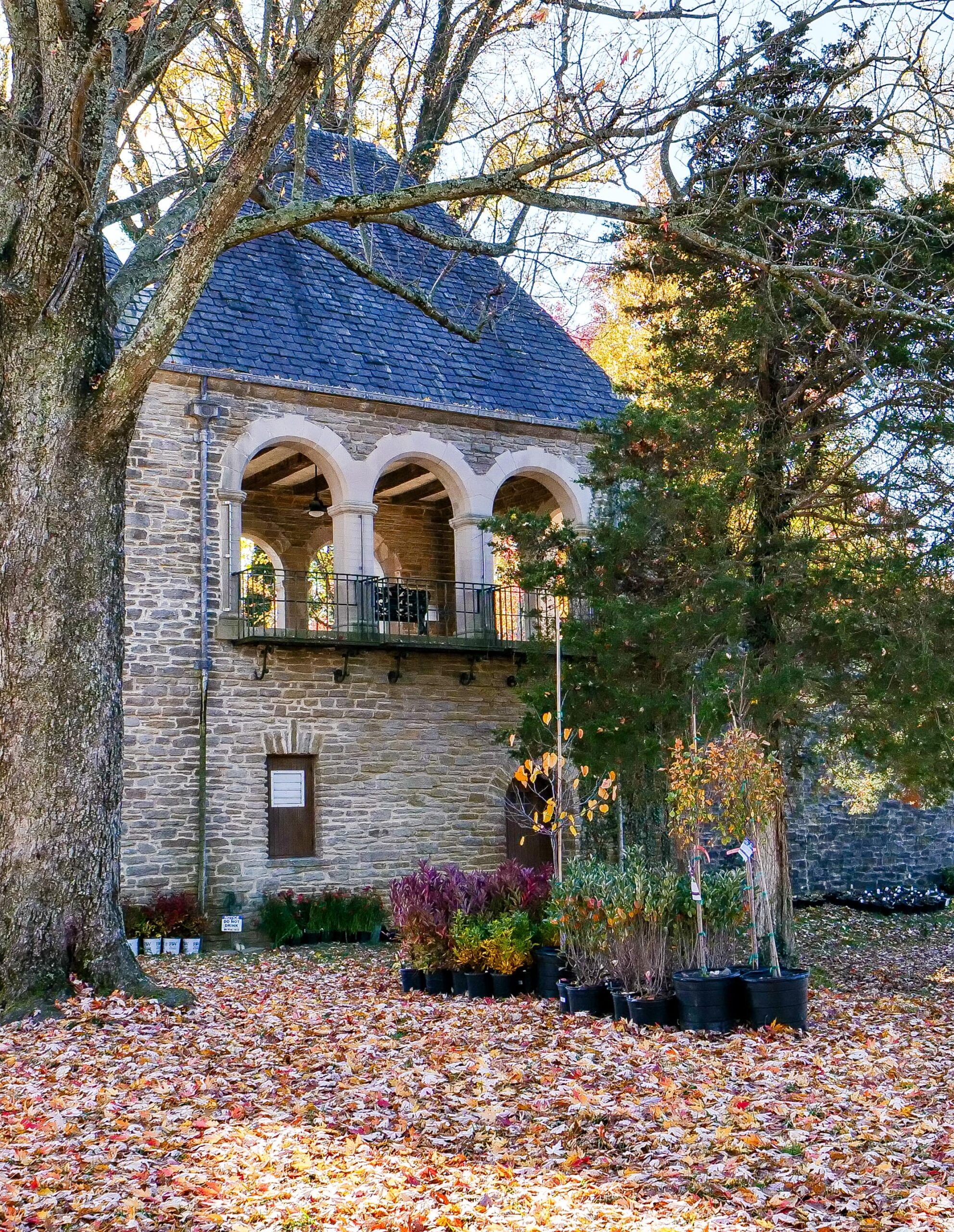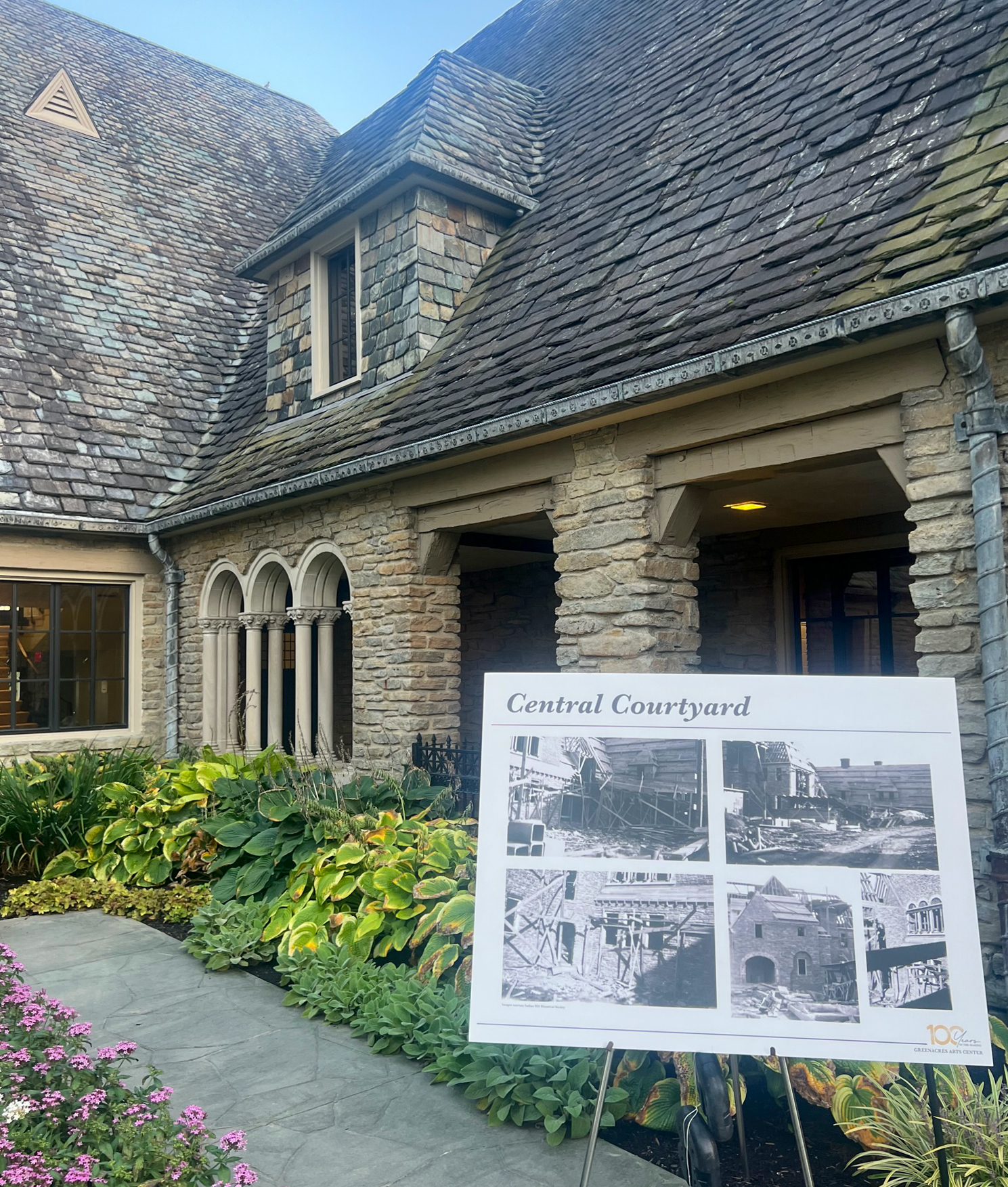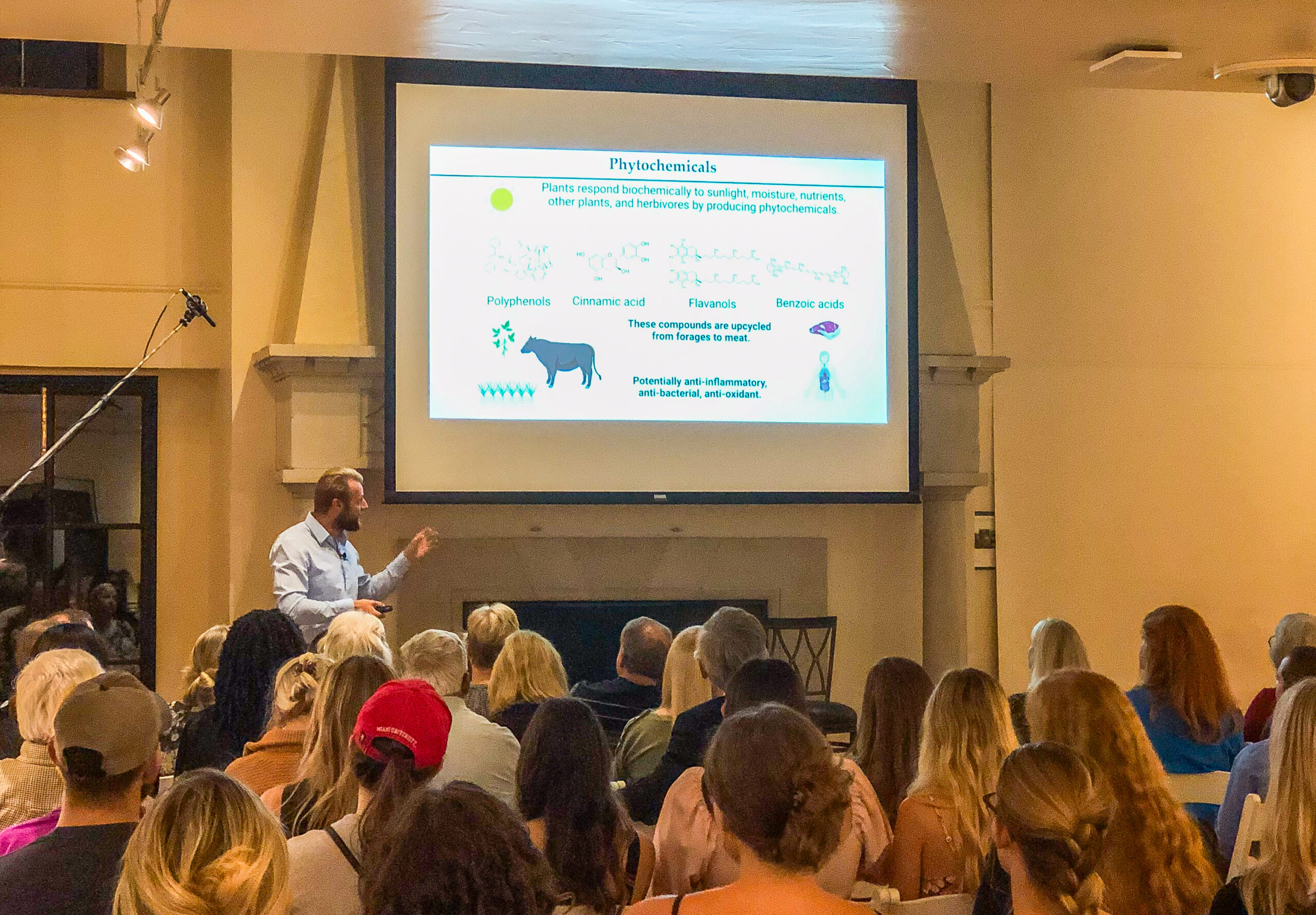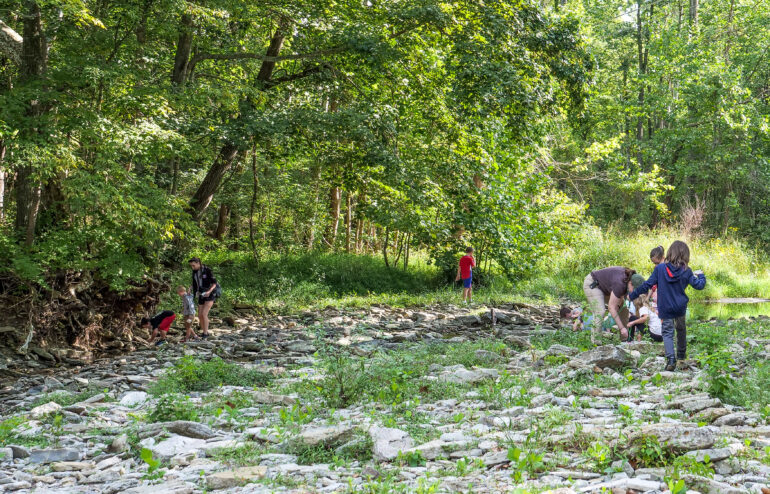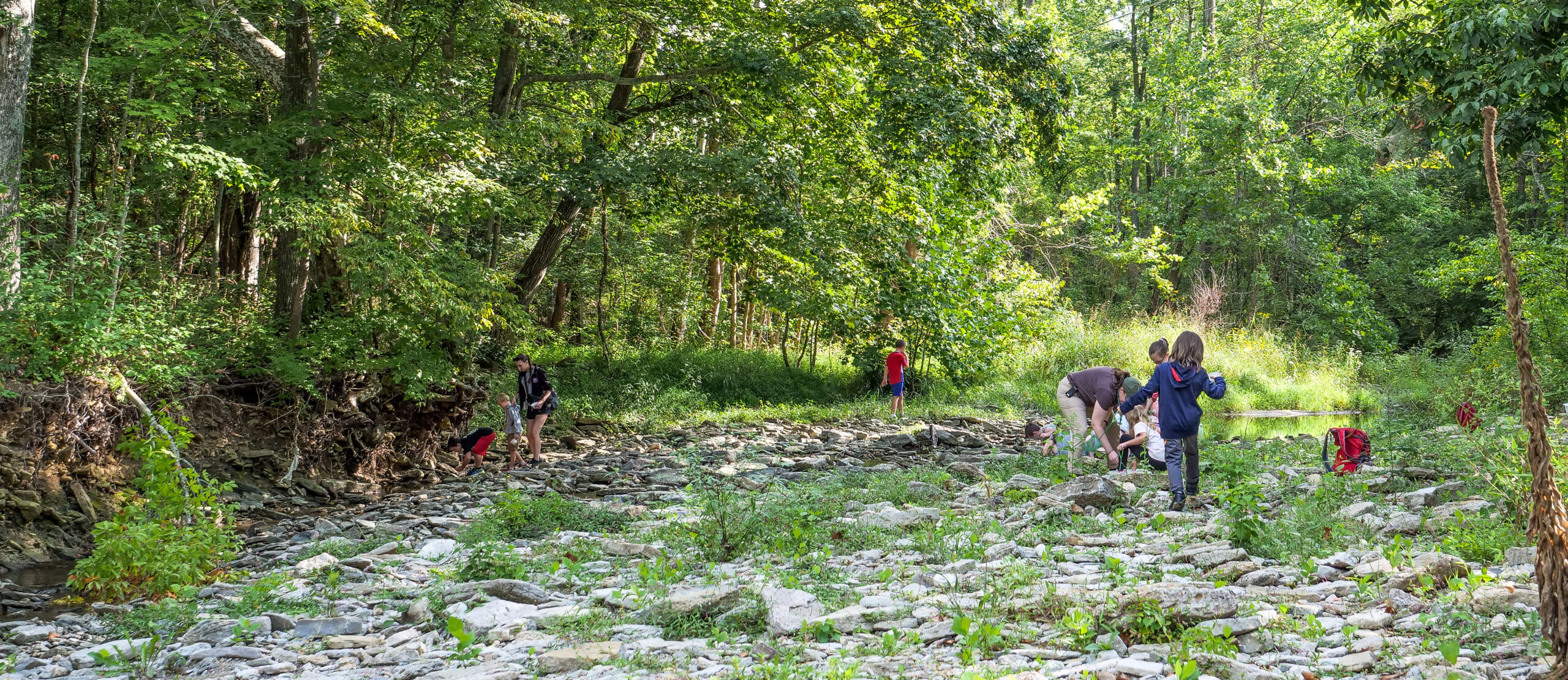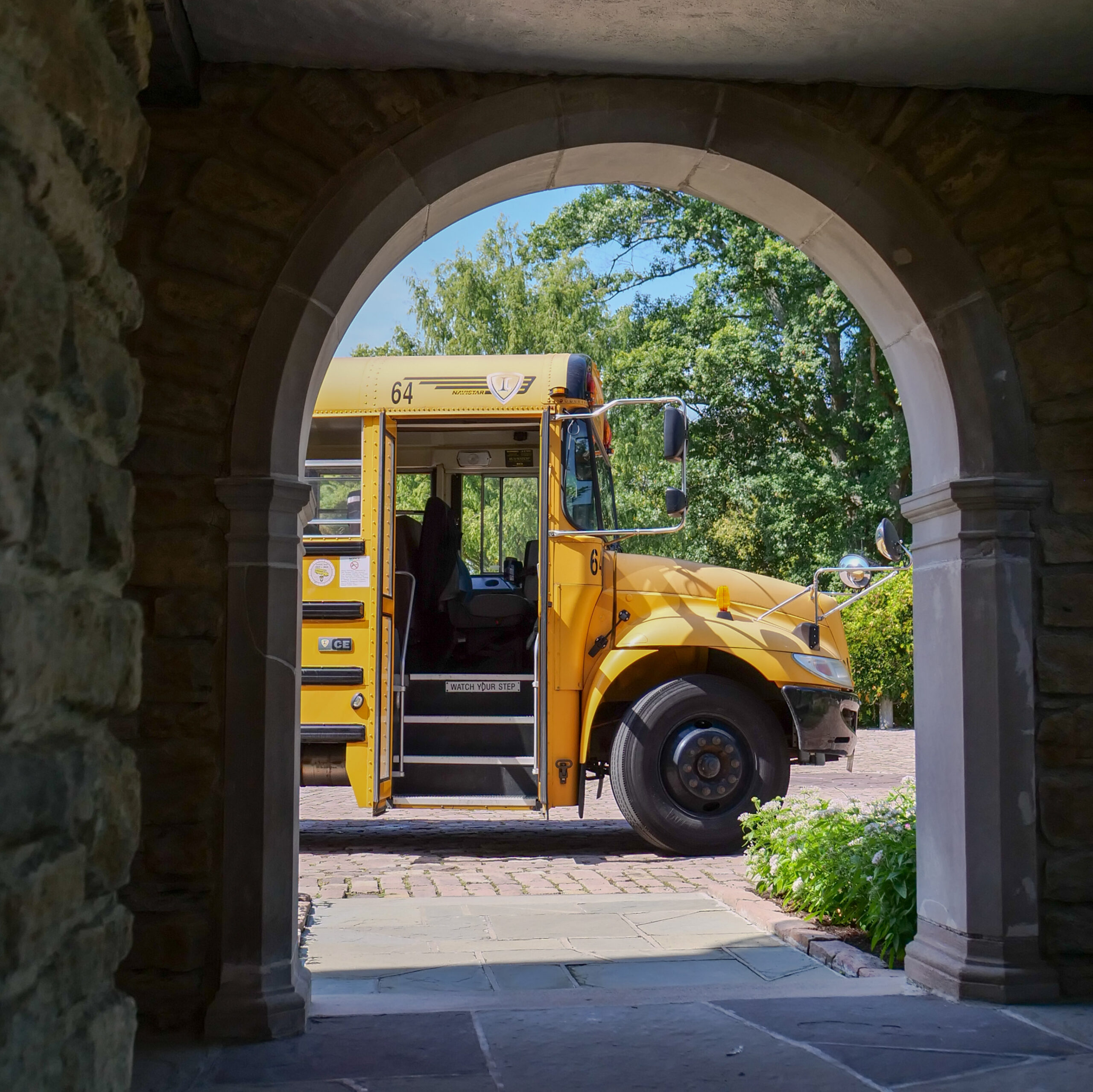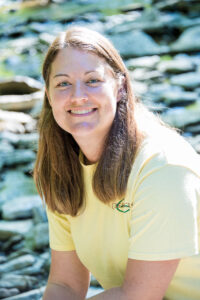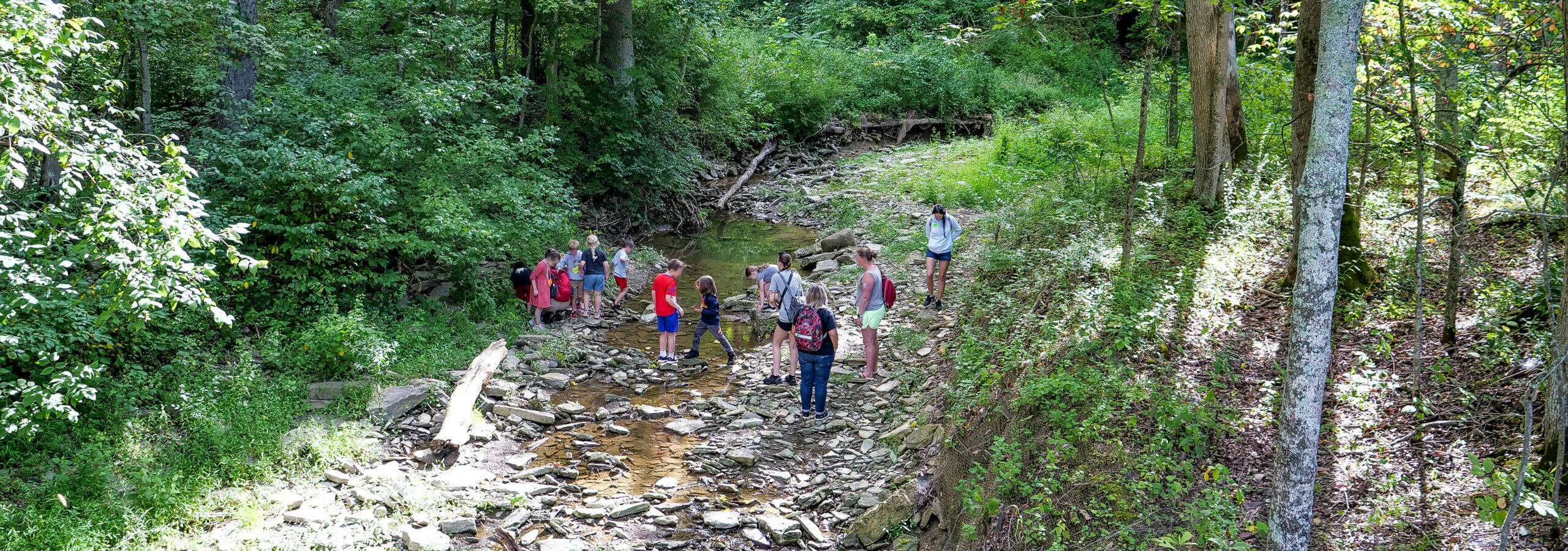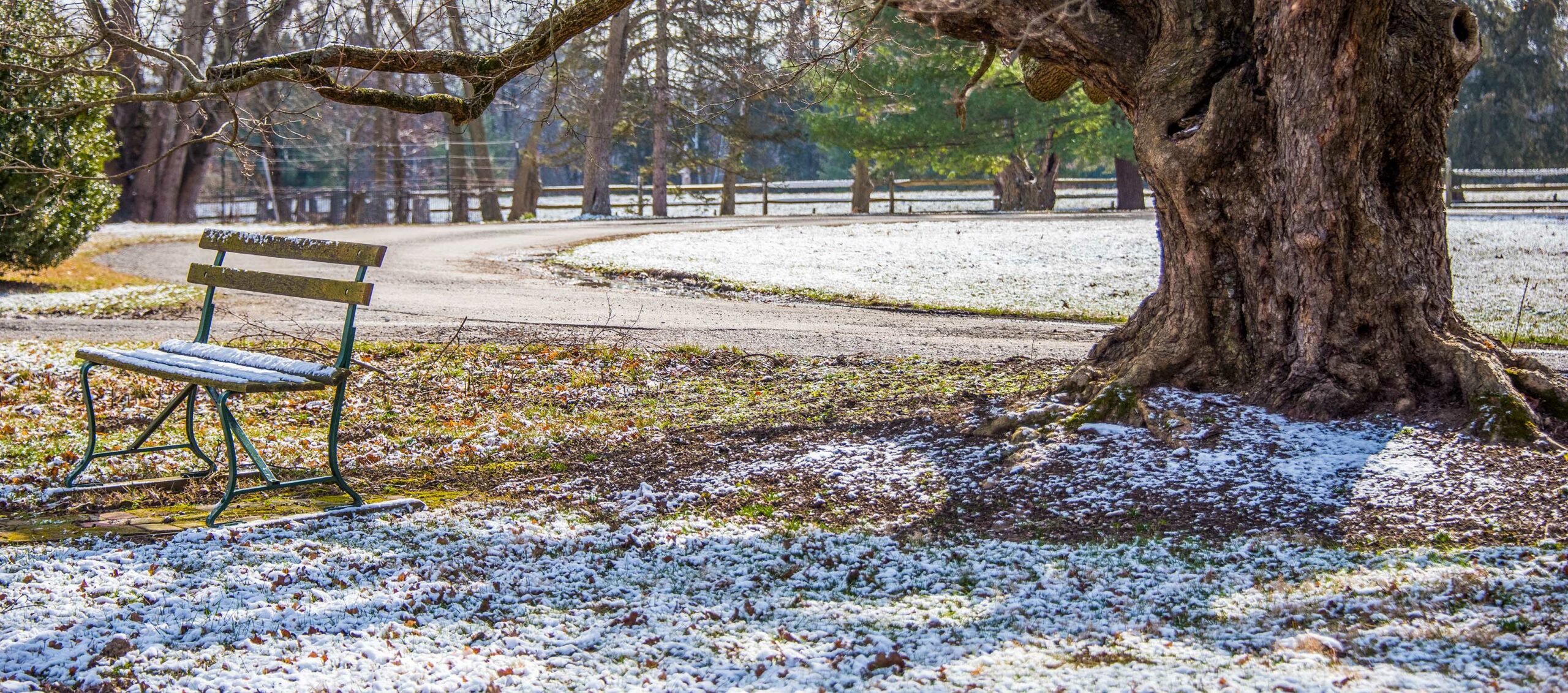
2023 Grant Recipients
In 2023, the philanthropic initiatives associated with the Nippert name, including the L&L Nippert Charitable Foundation and the Louise Dieterle Nippert Musical Arts Fund, donated over $11 million to various grant recipients. This support will aid 100 local nonprofits in 2024 and will continue to make a positive impact in the years to come.
The L&L Nippert Charitable Foundation, established in 1981, offers grant opportunities for eligible non-profit organizations in the Greater Cincinnati region. In 2023, the foundation granted a total of $4,753,813 to 79 non-profits, addressing diverse causes such as youth services, recycling support, hospice care, and more.
Managed by the Greenacres Foundation, the Louise Dieterle Nippert Musical Arts Fund was created to champion musical arts initiatives in the local area. As a proud annual supporter of the Cincinnati Symphony Orchestra, Cincinnati Ballet, Cincinnati Opera, and May Festival, the fund also supports other non-profits dedicated to local musical arts initiatives. In 2023, the fund allocated $6,927,783 in grant money to organizations based in Cincinnati.
Nonprofits based in the Greater Cincinnati area can apply for these grants between June 1st and August 1st through the L&L Nippert Charitable Foundation and Louise Dieterle Nippert Musical Arts Fund. Visit lnlcharitable.org or green-acres.org for more information.
2023 L&L Nippert Charitable Foundation Grant Recipients:
- Adventure Crew
- American National Red Cross
- Bayley Senior Care
- Beech Acres Parenting Center
- Bethany House Services Inc.
- Big Brothers Big Sisters of Butler County
- Big Brothers Big Sisters of Greater Cincinnati
- BLOC Ministries Inc.
- Bon Secours Mercy Health Foundation
- Boys and Girls Clubs of Greater Cincinnati
- Brighton Center Inc.
- Camping Education Foundation
- Canine Companions for Independence
- Center for Respite Care Inc.
- Children’s Hunger Alliance
- Children’s Hospital Medical Center
- Cincinnati Association for the Blind and Visually Impaired
- Cincinnati Blue Line Foundation
- Cincinnati Cancer Foundation Inc.
- Cincinnati Museum Association
- Cincinnati Parks Foundation
- Cincinnati Playhouse in the Park
- Cincinnati Public Radio Inc.
- Cincinnati Recycling and Reuse Hub
- Cincinnati Therapeutic Riding and Horsemanship
- Cincinnati Works Inc.
- Cincinnati Youth Collaborative
- CISE Catholic Inner city Schools Education
- Community Matters Cincinnati Inc.
- Comprehensive Community Child Care Inc.
- Crayons to Computers
- DDC Clinic Center for Special Needs Children
- DePaul Cristo Rey High School
- Diocesan Catholic Children’s Home
- Down Syndrome Association of Greater Cincinnati
- Episcopal Retirement Services
- Fernside Inc. A Center for Grieving Children
- Freestore Foodbank
- Greater Cincinnati Television Educational Foundation
- Holistic Management International
- Hospice of Cincinnati Inc.
- Inner City Youth Opportunities
- Joy Outdoor Education Center LLC
- Keep Cincinnati Beautiful Inc.
- La Soupe Inc.
- Last Mile Food Rescue
- Lighthouse Youth Services Inc.
- Matthew 25 Ministries Inc.
- Mill Creek Alliance
- New Life Furniture Inc.
- Ohio Foundation of Independent Colleges Inc.
- Ohio River Foundation
- Ohio Valley Voices
- Our Daily Bread
- People Working Cooperatively
- Planned Parenthood Southwest Ohio Region
- Pro Bono Partnership of Ohio
- Santa Maria Community Services Inc.
- Shelterhouse Volunteer Group
- Society of St Vincent de Paul District Council of Cincinnati
- St Rita School for the Deaf
- St Vincent de Paul Charitable Pharmacy
- Stepping Stones Inc.
- Taft Museum of Art
- Talbert House
- Teach For America
- The Children’s Home of Cincinnati
- The Children’s Theatre of Cincinnati
- The Cincinnati Eye Institute Foundation
- The Dragonfly Foundation
- Holistic Management International
- The East End Adult Education Center
- The First Step Home Inc.
- The Nature Conservancy
- The Salvation Army
- The University of Cincinnati Foundation
- University of the Cumberlands
- WAVE Foundation
- Wesley Education Center for Children and Families
- Women helping Women
2023 Louise Dieterle Nippert Musical Arts Fund Grant Recipients:
- 4-Way String Quartet LLC
- Bach Ensemble of St. Thomas Episcopal Church
- Blue Ash Montgomery Symphony Orchestra
- Children’s Choir of Greater Cincinnati
- Church of our Savior/La Iglesia de Nuestro Salvador
- Cincinnati Ballet
- Cincinnati Boychoir Inc.
- Cincinnati Chamber Orchestra Inc.
- Cincinnati Opera
- Cincinnati Symphony Orchestra
- Jazz Alive, Inc.
- Ken Anderson Alliance
- Kennedy Heights Art Center
- Linton Inc.
- The May Festival
- Northern Kentucky Symphony, Inc.
- Queen City Chamber Opera
- School for Creative and Performing Arts
- School House Symphony
- Vocal Arts Ensemble of Cincinnati
- Xavier University

